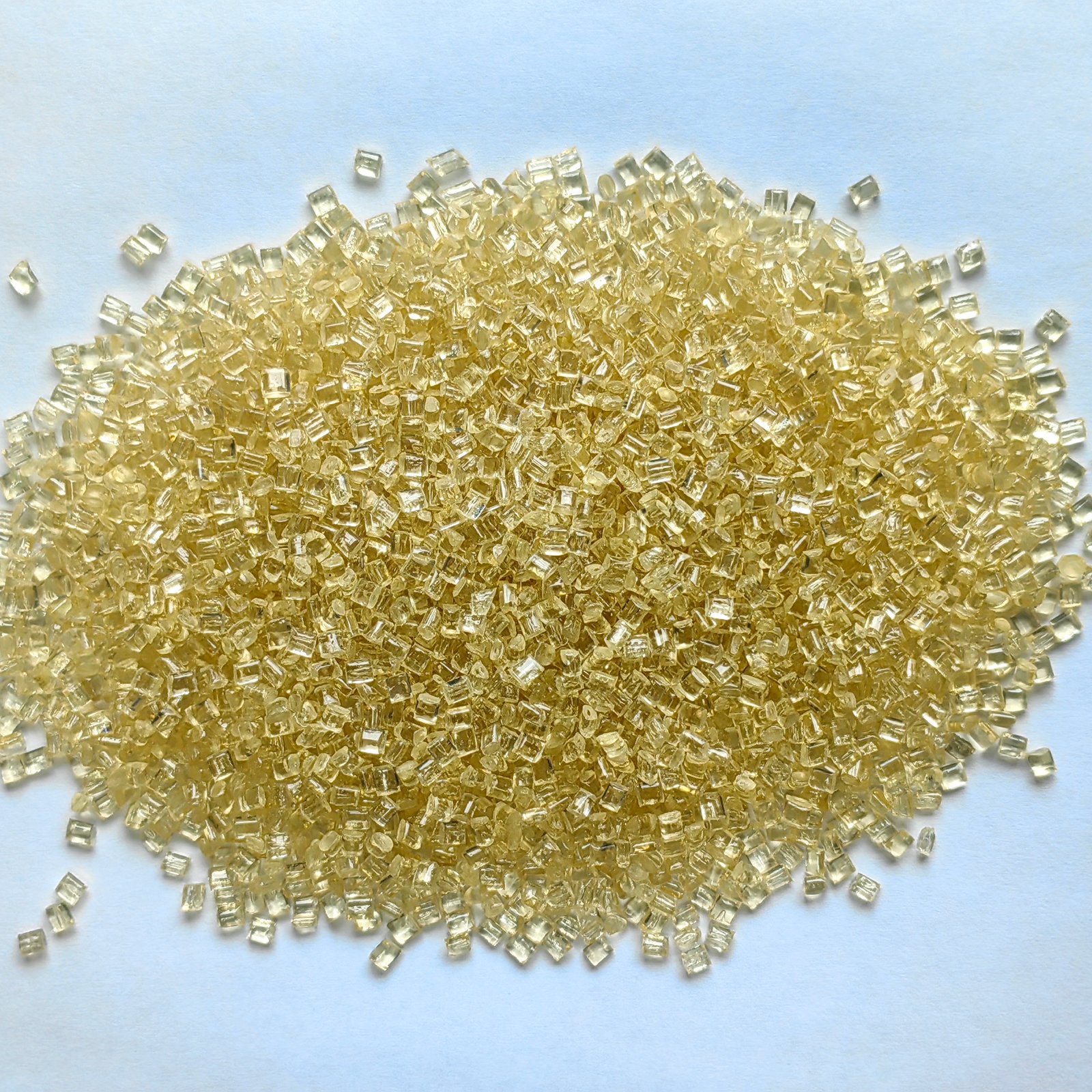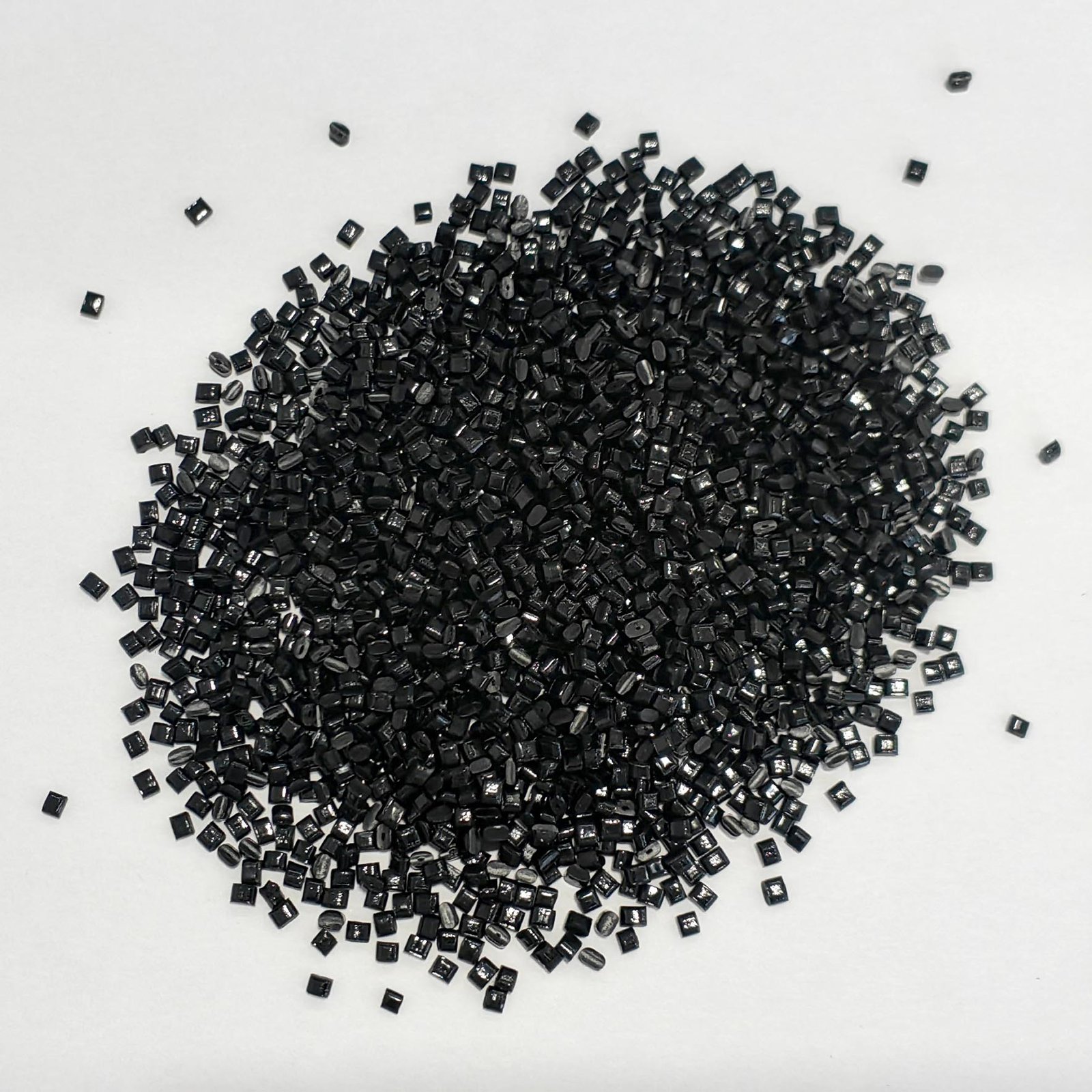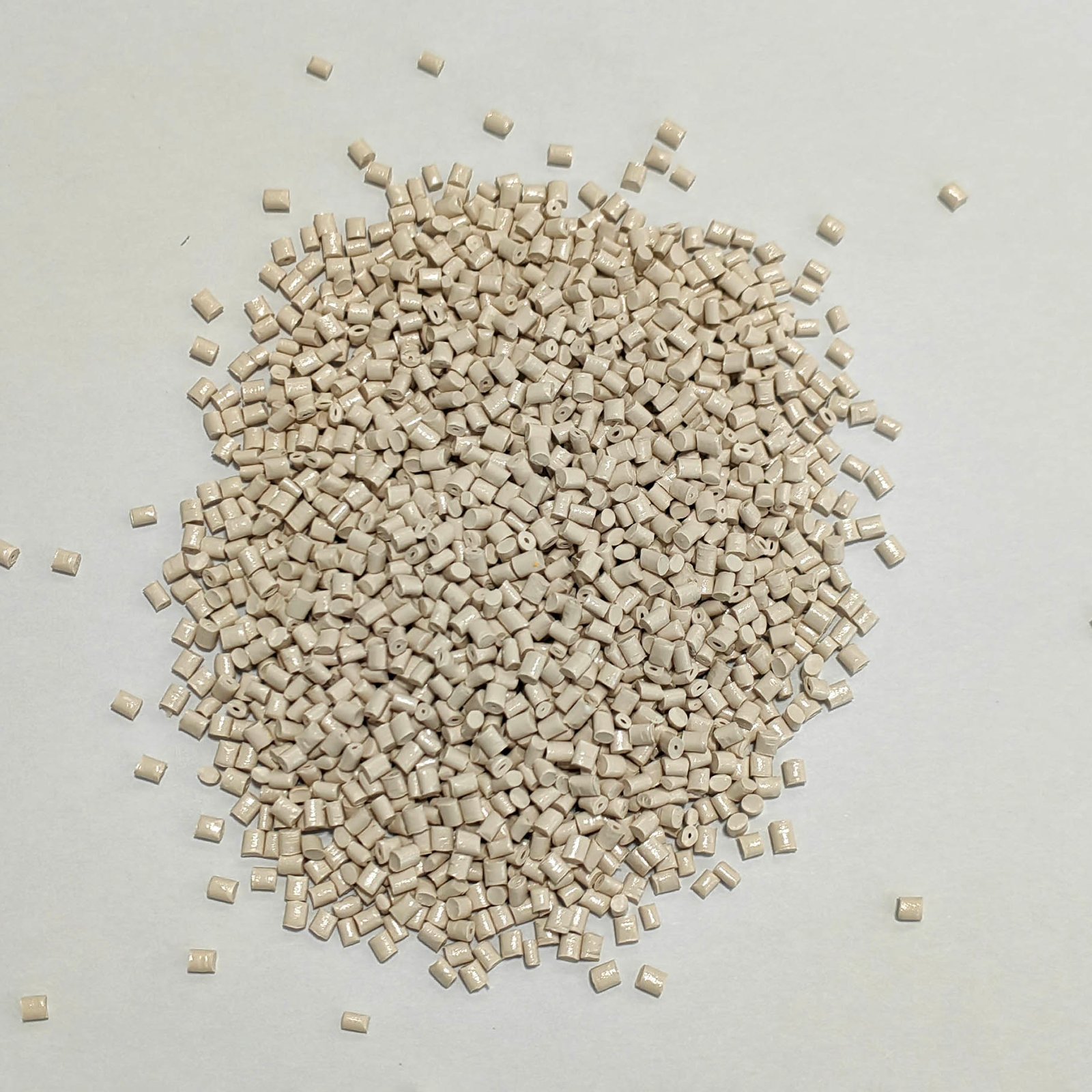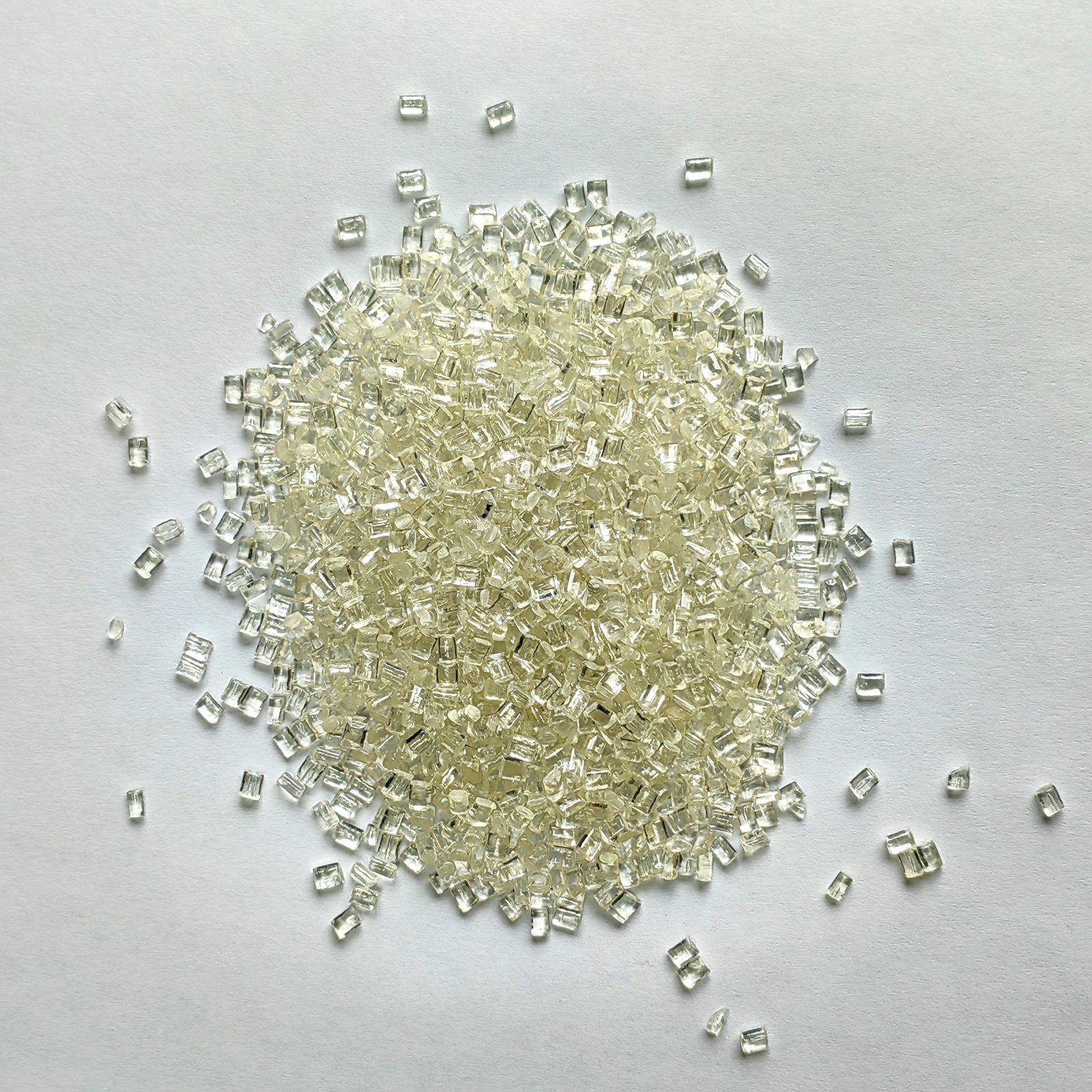PRODUCTS


PESU 2010 HC Guide | PES Material for Medical and Electronic
Product Struction
What is PES Material
As polysulfone materials (PES materials) continue to move towards high functionality and high reliability, how to achieve the unity of transparency, flame retardancy and high cleanliness level compatibility while maintaining thermal stability and mechanical strength has become a key issue in material selection in the high-end manufacturing field.
BASF's PESU 2010 HC, as a medium-viscosity, non-reinforced transparent polyethersulfone material, provides a powerful solution for such needs.
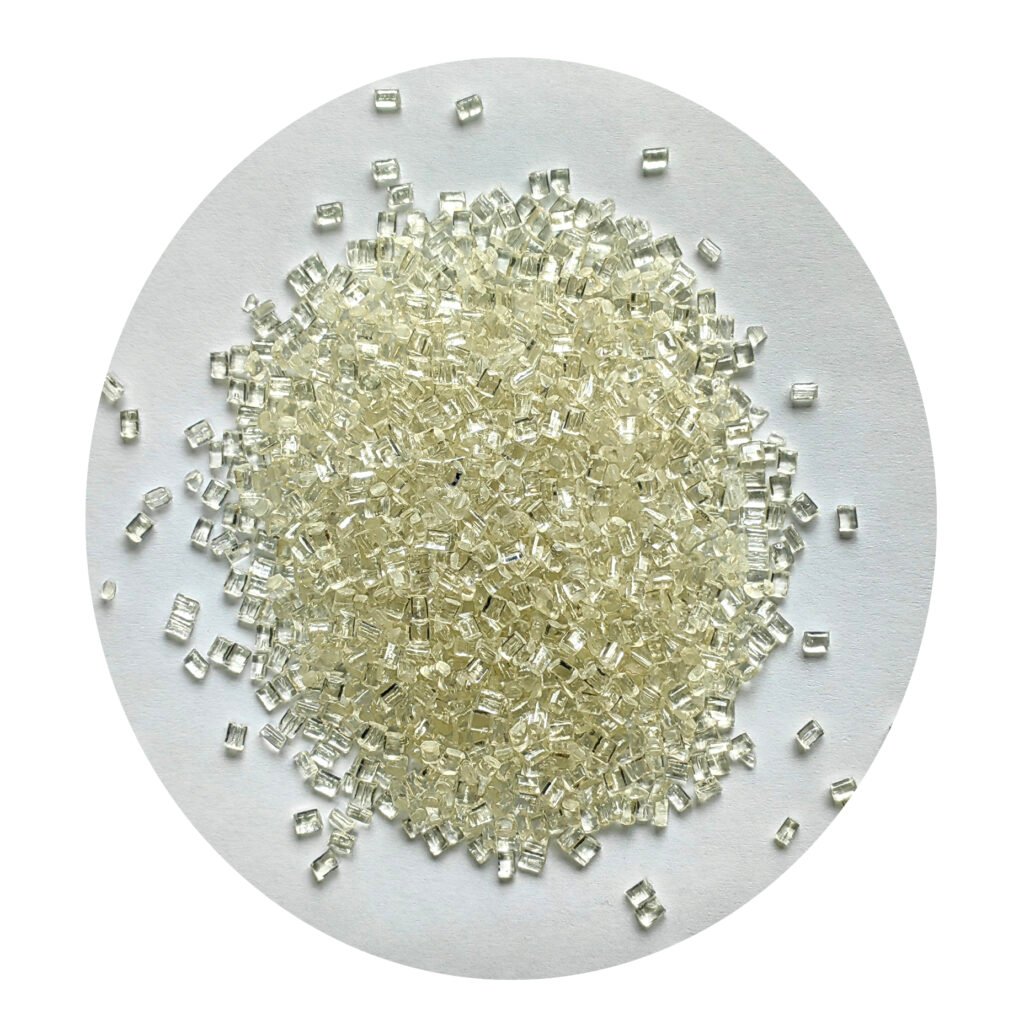
01 | From "transparent" to "reliable": PES material innovation is not limited to high temperature resistance
Traditionally, PESU is considered a typical high-temperature engineering plastic, known for its excellent heat deformation temperature (HDT), drug resistance, and mechanical strength, but often inferior to PC or COP in terms of optical transparency and aesthetics.
The difference of PESU 2010 HC is:
・88% light transmittance (DIN 5036), which brings new options for visual identification parts such as medical and electrical;
・The medium viscosity design takes into account both molding fluidity and structural strength, and is suitable for complex geometric structure molds;
・Naturally transparent + flame retardant V-0, no need to add colored flame retardants, meeting the dual requirements of visual clarity and safety.
This makes it the first choice for market segments that require simultaneous optical performance + heat resistance + flame retardancy, such as medical-grade equipment, transparent electrical housings, and instrument window covers.
02 | Performance Interpretation: Thermal stability at the structural component level + electrical safety
From the data, PESU 2010 HC is not just a "transparent material", its comprehensive performance fully meets the requirements of industrial-grade structural components:
Outstanding thermal stability:
・HDT reaches 205°C, long-term use temperature is up to 180°C (IEC 60216), and short-term resistance can reach 220°C;
・Glass transition temperature is 225°C, dimensional stability after molding is strong, and anti-warping ability is better than most transparent materials;
・Linear expansion coefficient is only 5.2E-5, suitable for a variety of precision assembly requirements.
Excellent electrical performance:
・Insulation strength is 35 kV/mm, which can be used for transparent components under high voltage;
・Volume resistance and surface resistance reach 10¹⁵ Ω level, and can still maintain electrical isolation in humid or corrosive environments;
・CTI value reaches 100V, which meets the basic requirements of the electronic field for material breakdown path.
These properties enable PESU 2010 HC to form a differentiated competitive advantage in the fields of optics, electrical and instrumentation, and it is an industrial-grade material that is "transparent but not fragile".
PESU 2010 datasheet
| Optical performance | Condition | Standard | Value | Unit | |||
| Refractive Index | 1.0mm | ISO 489 | 1.630 | ||||
| Transmittance | DIN 5036 | 88 | % | ||||
| Mechanical behavior | Condition | Standard | Value | Unit | |||
| Elongation | Yield 50mm/min | ISO 527 | 6.9 | % | |||
| Izod Notch Impact | 23°C | ISO 180 | 7 | kJ/m² | |||
| Izod Notch Impact | -30°C | ISO 180 | 7.5 | kJ/m² | |||
| Tensile Strength | Yield 50mm/min | ISO 527 | 85 | MPa | |||
| Tensile Modulus | ISO 527 | 2650 | MPa | ||||
| Charpy Un-notch Impact | 23°C | ISO 179 | NB | kJ/m² | |||
| Charpy Un-notch Impact | -30°C | ISO 179 | NB | kJ/m² | |||
| Charpy Notch Impact | 23°C | ISO 179 | 7 | kJ/m² | |||
| Charpy Notch Impact | -30°C | ISO 179 | 7.5 | kJ/m² | |||
| Thermal | Condition | Standard | Value | Unit | |||
| Using temperature | 20000hr | IEC 60216 | 180 | °C | |||
| Using temperature | Short Time | 220 | °C | ||||
| HDT | 1.8MPa | ISO 75 | 205 | °C | |||
| Melting Temperature | 340~390 | °C | |||||
| Glass Transition Temperature | 10°C/min | ISO 11357 | 225 | °C | |||
| CLE | Flow 23~80°C | ISO 11359 | 5.2E-5 | cm/cm/°C | |||
| CLE | Flow 180°C | DIN 53752 | 5.9E-5 | cm/cm/°C | |||
| Physical property | Condition | Standard | Value | Unit | |||
| Water Absorption | 23°C | ISO 62 | 2.2 | % | |||
| Water Absorption | 23°C 50RH balance | ISO 62 | 0.80 | % | |||
| Shrinkage | Flow | ISO 294 | 0.82 | % | |||
| Shrinkage | xFlow | ISO 294 | 0.86 | % | |||
| Density | ISO 1183 | 1.37 | g/cm³ | ||||
| Melt Index | 360°C 10kg | ISO 1133 | 70 | cm³/10min | |||
| Relative Viscosity | ISO 307 | 56 | cm³/g | ||||
| Electrical properties | Condition | Standard | Value | Unit | |||
| CTI | Solution A | IEC 60112 | 100 | V | |||
| Dielectric Constant | 1MHz | IEC 62631-2-1 | 3.8 | ||||
| Dielectric Constant | 100Hz | IEC 62631-2-1 | 3.9 | ||||
| Volume Resistivity | IEC 62631 | 1E+15 | Ω.cm | ||||
| Dielectric Strength | K20/K20 | IEC 60243 | 35 | KV/mm | |||
| Dissipation Factor | 1MHz | IEC 62631-2-1 | 0.014 | ||||
| Dissipation Factor | 100Hz | IEC 62631-2-1 | 0.0017 | ||||
| Hardness | Condition | Standard | Value | Unit | |||
| Ball Indentation Hardness | H358/30 | ISO 2039 | 154 | MPa | |||
| Flammability | Condition | Standard | Value | Unit | |||
| Flame Rating | 1.6mm | UL94 | V-0 | ||||
| Flame Rating | NC BK 3.0mm | UL94 | V-0 | ||||
03 | Popular application trends: high cleanliness, high recognition, and structural transparency
Currently, many high-value-added manufacturing industries are accelerating the "visual transparency" of structural parts to improve safety, convenience and user experience.
The following are the popular application trends of PESU 2010 HC:
Medical equipment visual components
・Applicable to visual areas such as hemodialysis, infusion pumps, and air sensor housings;
・The material itself is BPA-free and does not require the addition of color powder, meeting the non-toxic requirements;
・It has strong resistance to high-temperature steam sterilization and does not turn yellow or deform after repeated use.
High-end electronic and industrial detection windows
・Used for multi-functional transparent housings, measuring equipment windows, and laser instrument covers;
・Ensure electrical safety and mechanical strength while taking into account appearance aesthetics.
Aerospace transparent components
・Applicable to control windows and cover components in high-temperature and high-pressure environments;
・Under the requirements of lightweight and safety, it can replace glass or traditional PC materials.
04 | PES material procurement trends: Why choose professional traders instead of looking for brand manufacturers directly?
Although PESU 2010 HC comes from BASF, for end customers, simply "looking for a brand" is often far from enough.As a supplier focusing on high-performance engineering plastics trade for 24 years, we have observed the following procurement trends emerging:
・Material selection needs tend to be small batches, multiple types, and refined, while brand manufacturers focus more on standardized bulk supply;
・Multi-material comparison and application suggestions have become a rigid demand in the early stages of R&D, and traders can horizontally integrate multiple alternative models (such as PEI, PPSU, etc.);
・Response speed and delivery flexibility determine the pace of trial production, and high-quality traders can flexibly allocate resources and quickly deliver samples according to the development progress;
・Sustainability and compliance reviews are tightened, and suppliers need to provide multiple document support and traceability guarantees such as RoHS, REACH, FDA, and USP.
This is exactly our value as a professional raw material service provider: not only selling materials, but also providing implementation solutions to help you achieve rapid transformation from design to mass production.
05 | Recommended Alternative PESU Grades
For specific needs in molding methods, color, or mechanical properties, the following PESU materials are also worth considering:
| Manufacturer | Material | Grade | Density | MFR | Tensile Modulus | Tensile Strength | Elongation |
| BASF | PESU | 2010 MR SW 10111 | 1.37 g/cm³ | 70 cm³/10min | 2650 MPa | 85 MPa | 6.9% |
| BASF | PESU | Dimension E0510 G9 black 10112 | 1.74 g/cm³ | 60 cm³/10min | 15600 MPa | 176 MPa | 1.3% |
| BASF | PESU | 2010 NAT | 1.37 g/cm³ | 70 cm³/10min | 2650 MPa | 85 MPa | 6.9% |
| BASF | PESU | 2010 MR UN | 1.37 g/cm³ | 70 cm³/10min | 2650 MPa | 85 MPa | 6.9% |
| BASF | PESU | 3010 NAT | 1.37 g/cm³ | 35 cm³/10min | 2650 MPa | 85 MPa | 6.9% |

As a trusted resin supplier with 24 years of industry experience, we help customers select the right PESU material based on processing method, color, and compliance needs (e.g., UL, FDA, RoHS). Sample support and fast delivery available — contact us to get started.
Conclusion: PESU 2010 HC is not just "transparent"
As a medium-viscosity PES material with excellent transparency, thermal stability, electrical safety and flame retardancy, PESU 2010 HC is not only a material, but also the embodiment of the concept of "visual safety" in contemporary high-end manufacturing.
In an era of pursuing both material performance and efficiency conversion, we provide not only particles, but also help in decision-making.
📩 Welcome to contact us for samples, technical information or cross-model comparison suggestions. One-stop service helps you select materials accurately, reduce costs and increase efficiency.
【Related Recommendations】
PES and PESU Explained: Choosing the Right Polysulfone for Your Application Learn more>
PESU KR 4113: PES Resin with CF+Graphite+PTFE for Wear-Resistant Applications Learn more>
PESU 3010 MR: High Toughness Polyethersulfone Material for Demanding Industrial Learn more>

